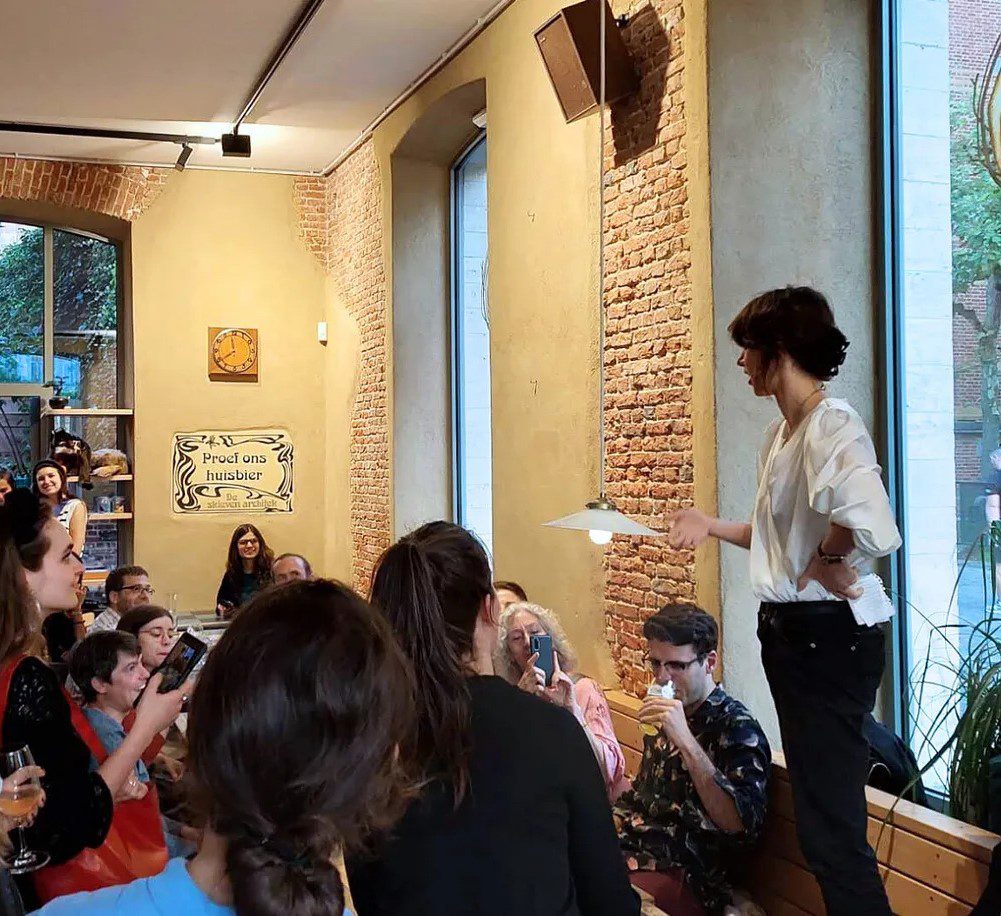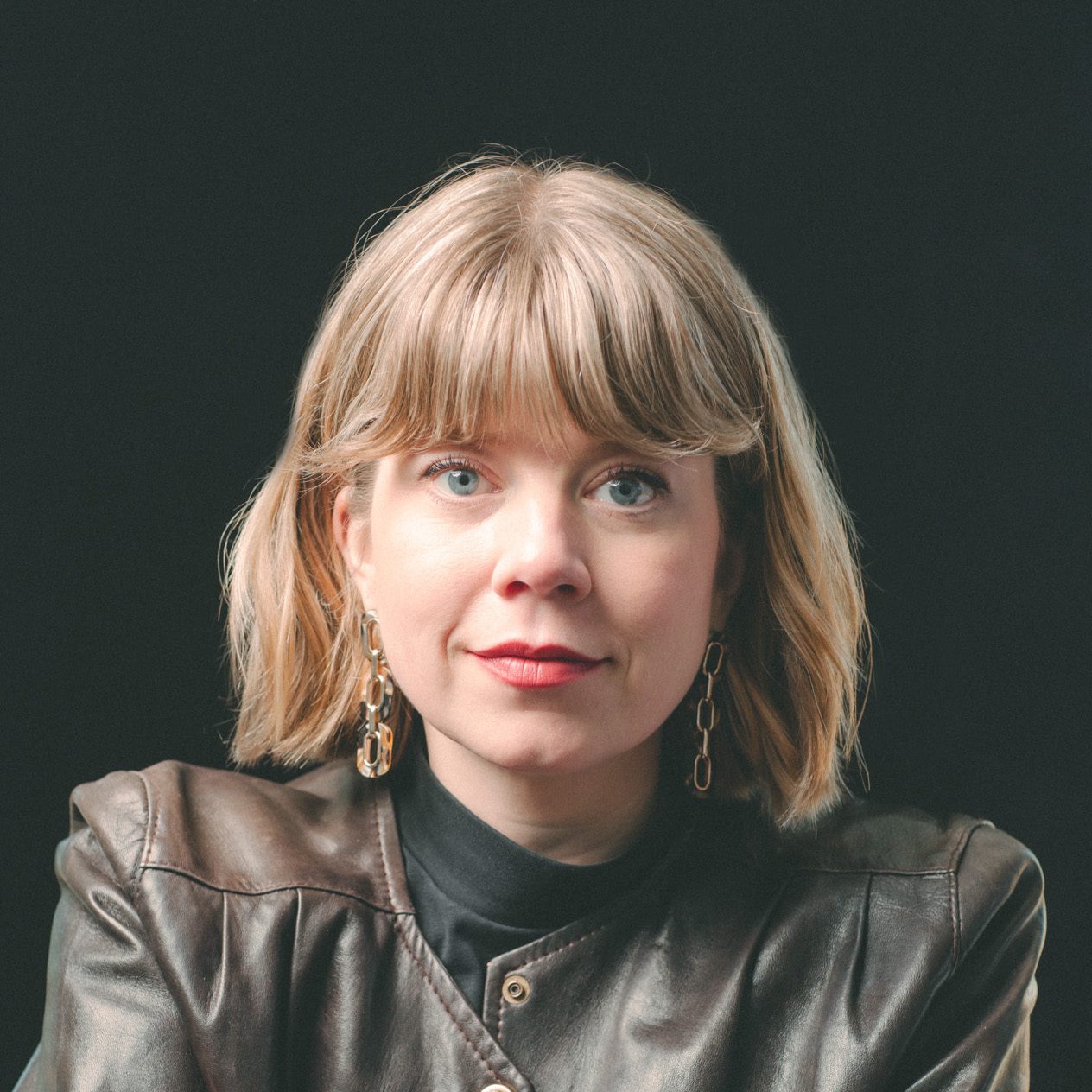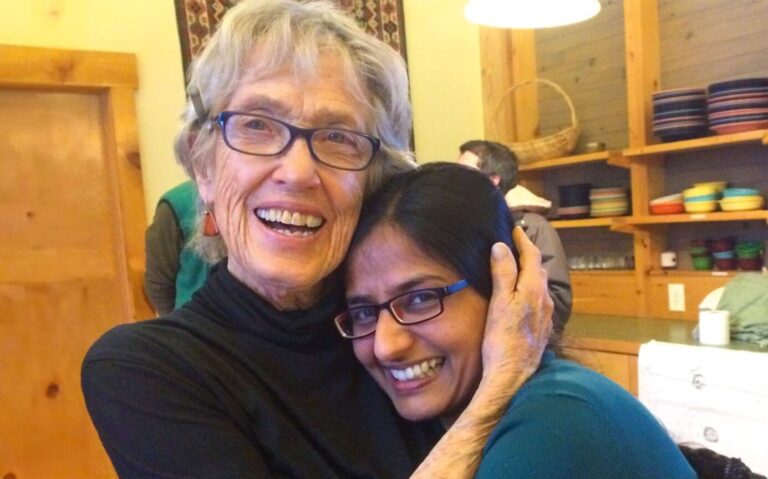At 25, Cass Hebron was working in climate policy in Brussels, pouring her heart into the movement, and writing her climate justice newsletter, The Green Fix – but her body was starting to unravel. She had reached a state of burnout so intense she opted to take dedicated time off to re-centre herself and heal.
With a bit of distance and space, Cass began to see some glaring hypocrisies in the values the climate movement claims to cherish versus the way it treats its people and their mental health. Gen Dread talked to Cass about realizing she’d become an “accidental capitalist”.
Gen Dread: How did you become an accidental capitalist?
Cass Hebron: There’s a mismatch between what we preach and the way we work. We tend to exempt ourselves from the same principles we’re promoting. So, we talk about slow living. We talk about not taking too much from the Earth. We talk about staying within planetary boundaries and needing to transition to regenerative societies and economies. Yet we’re treating ourselves like expendable resources.
The longer we take to address certain climate disasters and certain injustices, the worse the consequences will be in the medium- to long-term. But we can’t live in this binary mentality of “if it doesn’t all happen right now this second, then we’re all doomed!!”
We’re viewing every hour in the day as something that could be extracted and used for productivity and labour. It felt ironic that I was working overtime and trying to advocate against capitalism, when that mindset of needing to exhaust myself, my time, my energy, that I was only valuable if I was working, is the exact same mindset that drives the current growth of an economy.
Gen Dread: How do we reconcile the urgency of climate work and having a human body with finite capacity?

Cass Hebron: If you read climate news, you’ll notice that the world is ending. Every single day is the end of times. And after a while I was like, hold on a second: if it’s always now or never, but it was also now or never two days ago and last week, then it’s not actually now or never. Like, of course, the longer we take to address certain climate disasters and certain injustices, the worse the consequences will be in the medium- to long-term. But we can’t live in this binary mentality of “if it doesn’t all happen right now this second, then we’re all doomed!!”
If we move away from the idea of doing as much as possible all the time, and focus on doing the most high-impact things and doing them well, and perhaps taking more time to actually embody the values that we live in, then we can sustain ourselves a bit longer.
Gen Dread: What were the symptoms that you were burning out?
Cass Hebron: I’d assumed that burnout is a point where you keel over in the street. You just fall over like a Sims character. So I thought, “oh, but I’m still walking. I’m still going to my meetings and still answering things. I must be fine.” But I was on autopilot, and I didn’t look forward to anything, and I wasn’t motivated by anything. I was also incredibly cynical about the state of the world. I was fundamentally disillusioned with human nature. I was also really physically exhausted. Most of us have experienced this point where our bodies are telling us that they need a break. And we just ignore it because we’re like, “nah, it’s not a convenient time.”
So it was this mixture of psychological and physical. Your body’s telling you to stop, but you’ve got all these psychological mechanisms like, “oh, but that’s just because I didn’t get enough sleep.”
Gen Dread: Are you still on burnout leave?
Cass Hebron: No, I had to go back to work after three months because as a freelancer, I don’t get paid leave. I was too stressed about money. So I never really took the time that I should have. It also wasn’t very productive time off because I didn’t have any plan or structure. I was just sort of drifting around and had no purpose. You need to have very structured support if you take burnout leave so it’s not just about doing nothing – it’s about doing things that bring you energy. But you can’t do that if you have no money – it’s not real rest, it’s just stressing. So I’ve been working ever since.
But it’s not about the individual taking burnout leave in the best way or any individual HR office having the best policy – it’s the sector itself and its lack of funding creating this issue.
Gen Dread: Has this experience changed how you work?
Cass Hebron: Yes. Before all this, I was writing The Green Fix, and I was explaining climate justice concepts in this very educational tone. And then I started writing about eco-anxiety and burnout and decided to be a lot more transparent about the emotional and psychological side of doing this work. So it’s changed the way I write. Everyone just being a bit more honest is really helpful. Normalizing that conversation is so important. You can’t just study planetary collapse every day and not feel something about that.
If we move away from the idea of doing as much as possible all the time, and focus on doing the most high-impact things and doing them well, and perhaps taking more time to actually embody the values that we live in, then we can sustain ourselves a bit longer.
Gen Dread: What would you say to people struggling to make that space for the psychological side of climate work?
Cass Hebron: I used to be so disillusioned because I would read climate headlines and everything was always seemingly getting worse. A big revelation was that I can’t measure my individual impact or the value of this work compared to a global measurement of how well the world is doing. Because I will never feel fulfilled. I will never be able to attribute my impact. Because how do you count emissions that weren’t emitted? Or heating that didn’t happen? The value of our work is in things not happening. And you can never calculate that. You only see the bad things that are happening.
So instead I had to find other core reasons to keep doing the work if I was never going to get fulfillment from the world or validation from the usual work metrics like in a regular 9-5. I do this work because it does make me happy to live in a sustainable way. I don’t do it because I think it’s going to limit heating to 1.5 degrees, but I avoid flights because doing so makes me happy. Living low-impact gets me outside. It gets me talking to neighbours. It makes me feel more connected to the world around me.
Helping one person can include myself – like, if the only thing I did in the day was to take a day off for myself, then I still make the world better for one person. And that’s been a really important switch for someone who doesn’t prioritize time for themselves.
This article was originally published in the March Newsletter of Gen Dread. It is reprinted here with permission.








